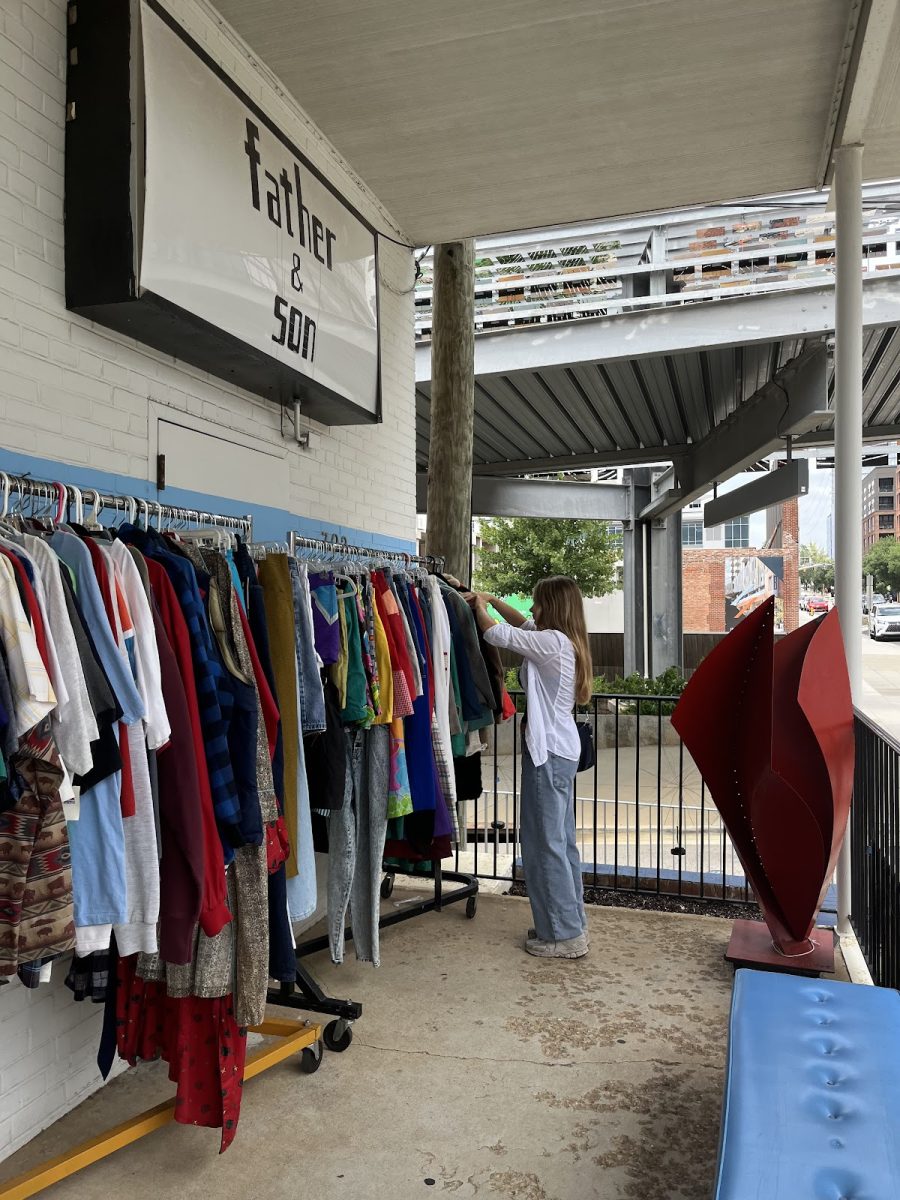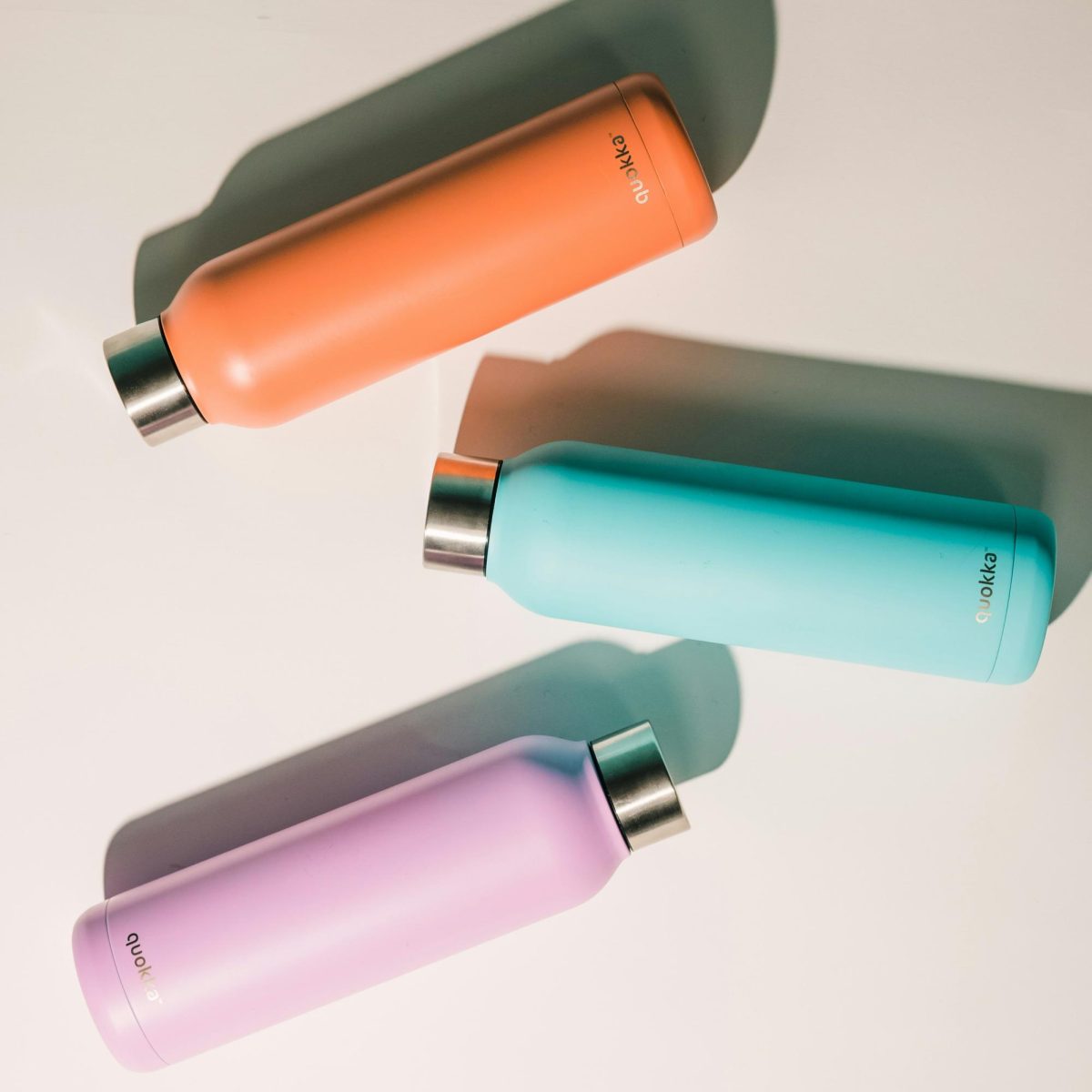From basic tops to beachy accessories, Brandy Melville is a staple in thousands of teenage girls’ closets across the world. Brandy’s origins date back to the 1980’s where it was founded in Italy by Silvio Marsan. Brandy Melville prides itself on its trendy yet affordable clothing, but the brand’s immense popularity masks secrets of exclusionary sizing practices, racial and religious discrimination, and fast fashion exploitation.
On Apr 9, 2024, MAX, formally known as HBO Max, released its newest documentary: Brandy Hellville & The Cult of Fast Fashion. Eva Orner, the documentary’s director, sought to make the case that Brandy’s success is a product of exploitation- both of the image of the teenage girls that purchase from the brand, and the individuals that are exploited in sweatshops to manufacture the pieces. The documentary takes a multifaceted approach, combining the perspectives of many individuals, including former Brandy Melville executives and employees.
One of the most controversial aspects of the Brandy Melville brand is the “one size fits all” policy. On their website, Brandy sells all clothing in one size- a size that supposedly “fits all” but truly only fits people who can fit in a clothing of a traditional small or medium size. This has angered many people, especially plus size individuals, as they are unable to wear the popular clothes.
Brandy Melville had been criticized for their lack of inclusivity, but Brandy is yet to speak out about their sizing choices, or expand to include a larger range of sizes. Brandy Melville & The Cult of Fast Fashion delves into the background of the brand’s “one size fits all” motto, spotlighting the voices of former Brandy employees with their experiences with the policy. According to the documentary, several of these employees claimed that they felt a pressure to remain thin in order to represent the brand’s motto, and others described falling into eating disorders while working for the company. The pressures to remain thin extend far beyond the employees and further to the very gullible audiences they target: teenage girls.
Rithu Tumkur (‘25), shared her thoughts regarding this “one size fits all” policy. “I probably buy from Brandy 3-4 times a month, and I really enjoy the aesthetic of their clothing. Regarding the sizing policy, I don’t think it’s something that necessarily alarms me as there are other stores besides Brandy that plus size people can shop at. However, just because there are other stores doesn’t mean that only thin people should be allowed to wear the Brandy aesthetic, and Brandy should do better and be more willing to expand their sizes.”
Beyond exposing its exclusionary practices, MAX’s documentary also exposed the anti-semitic and racist nature of the brand. It was reported that many senior leadership and executive members of the brand were a part of a group chat labeled “Brandy Melville gags” where members of the chat exchanged anti-semitic memes, as well as other references to Hilter and the Holocaust.
It was found that Hitler was referenced 24 times in that group chat, most of which were in connection to anti-semitic references. The documentary also alleges that Brandy Melville operates with an inherent racist fashion, often curating their floor plans to assign white workers to work the floor and POC workers to work in the storage rooms in the back.
As Orner investigated Brandy’s exploitative practices, she ensured to touch upon something extremely prevalent amongst many modernly popular brands: fast fashion. For Brandy Melville in particular, much of the clothing is manufactured in a factory in Prato, Italy, a factory that primarily hires and employs Chinese immigrants.
Prato is known to be a fast fashion hub and location for many large scale fast fashion factories. Going even further, the filmmakers even traveled to Ghana where extensive amounts of clothing from Brandy Melville, as well as other brands, were piled up in heaps and clogging important waterways. “Everyone’s being exploited”, Orner articulated. However, Brandy Melville does not stand alone in its fast fashion allegations- other popular brands such as SHEIN, Forever 21, H&M, ASOS, and Zara, among others, share similar accusations.
Despite the extensive nature of MAX’s shocking documentary, it is unsure whether true change will come. Sophomore Karuna Shanmugam (‘26), a Brandy Melville customer, shared her thoughts on the documentary and its impact. “I personally found the documentary to be pretty shocking. There were moments where I couldn’t believe what I was hearing, and it’s just the fact that all of this is hidden behind their seemingly innocent and cute aesthetic.”
When asked about her thoughts on the impact of the documentary, Shanmugam expressed that she didn’t believe the documentary would bring upon significant change. “I don’t think this is really going to affect how consumers shop there- I think people are ignorant and cannot always think for themselves- the clothes will always be cute and trendy, and I think that people will continue to buy from Brandy for that reason, regardless of the negative stereotypes and blatantly negative nature of the brand.”
As feedback and comments about the documentary continue to come in following its release, it is unsure if and what action Brandy Melville will take in response. Regardless, it’s important to always do adequate research and ensure that a brand is reputable and ethical while shopping for trendy clothing.



















































































